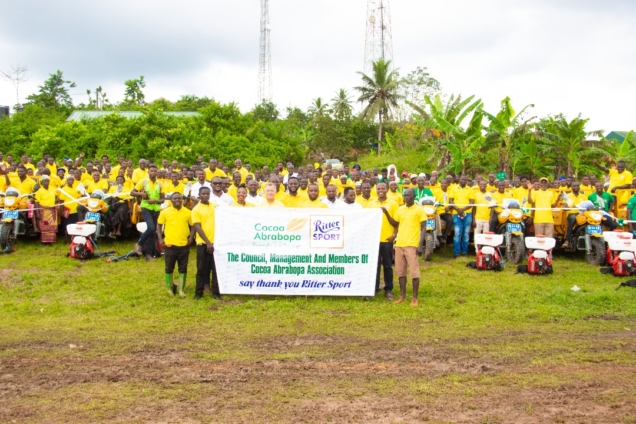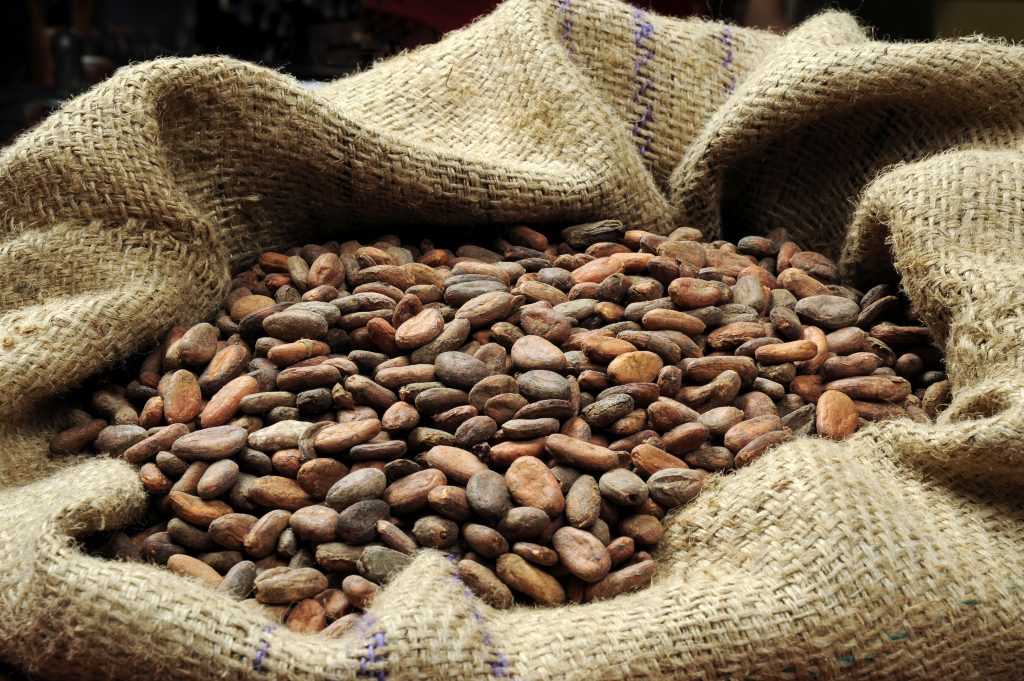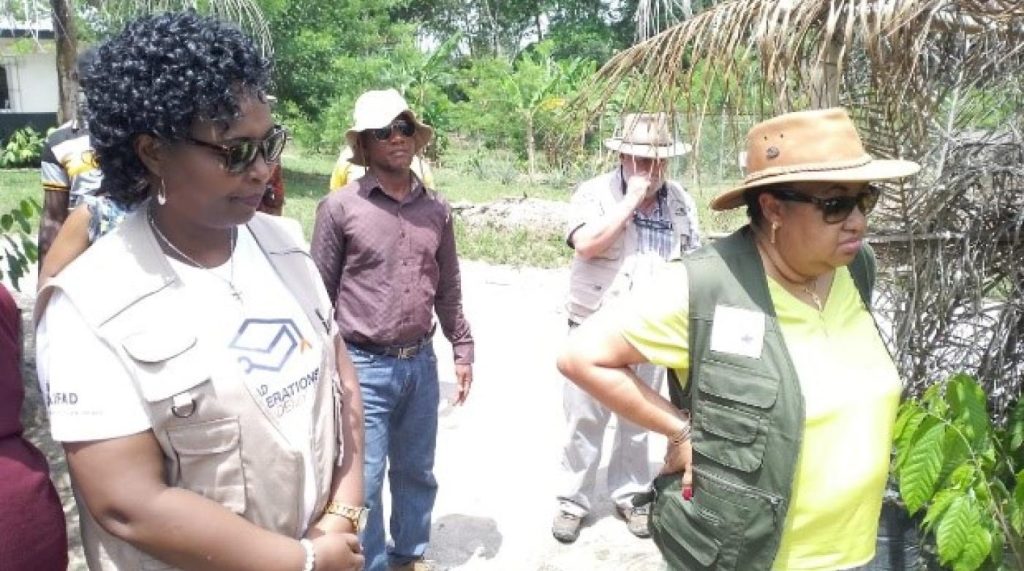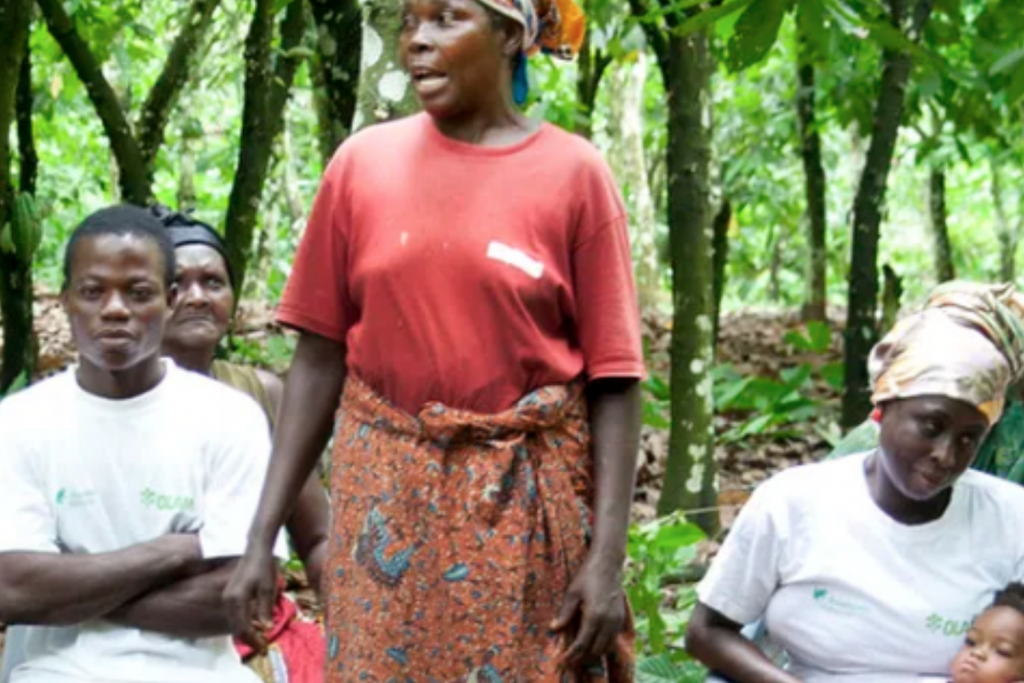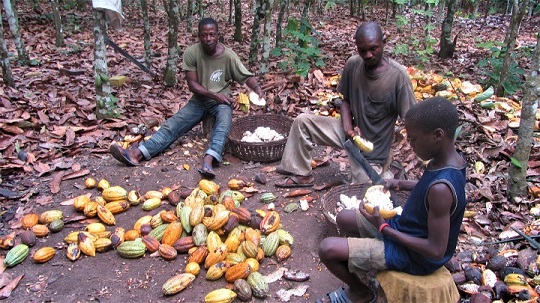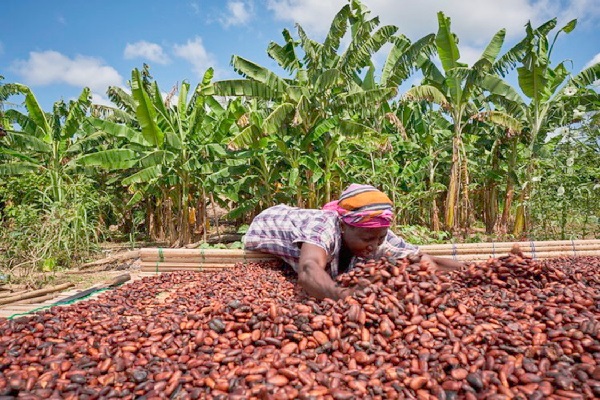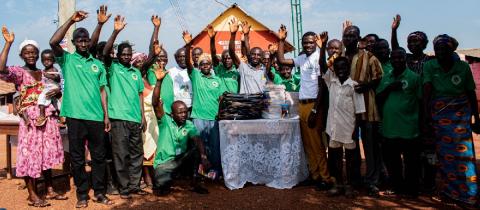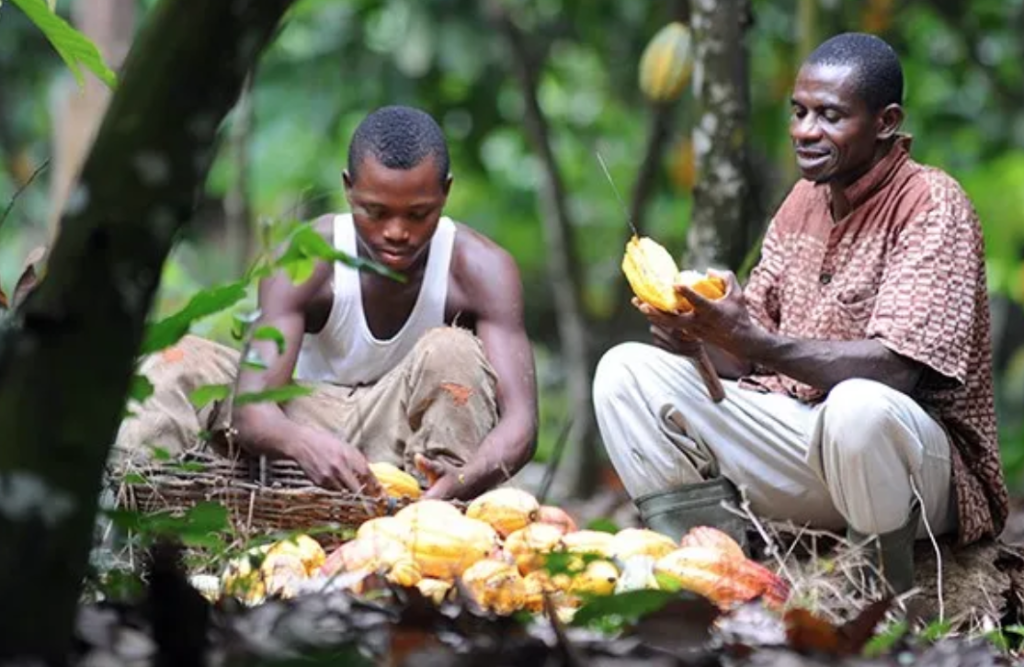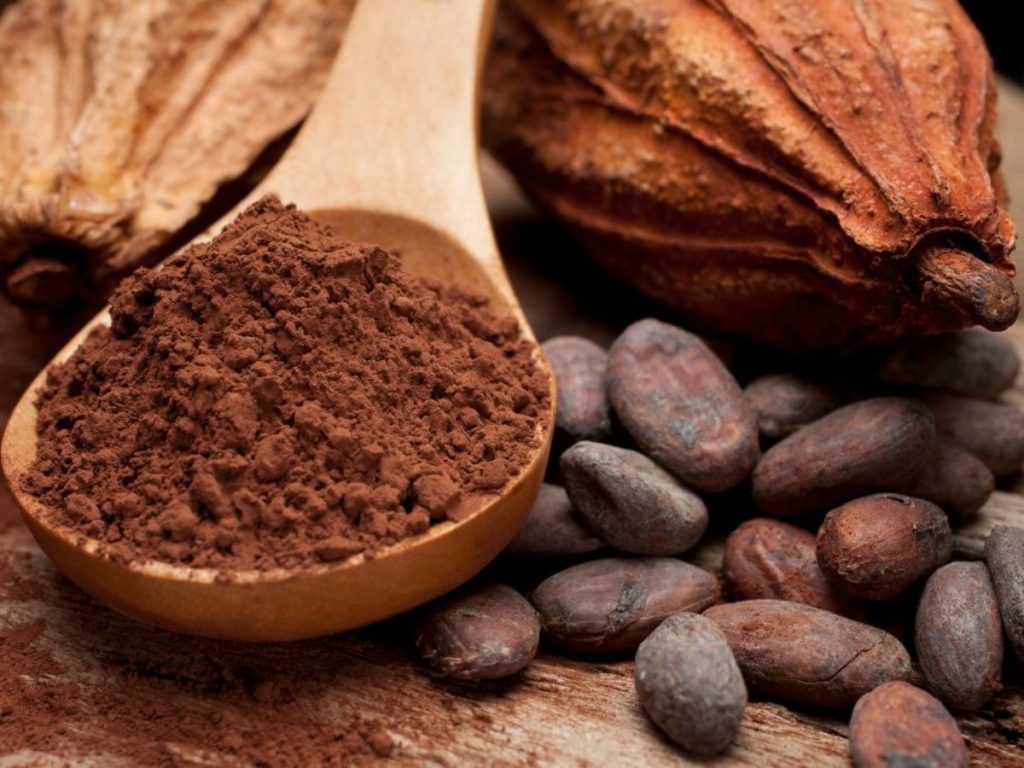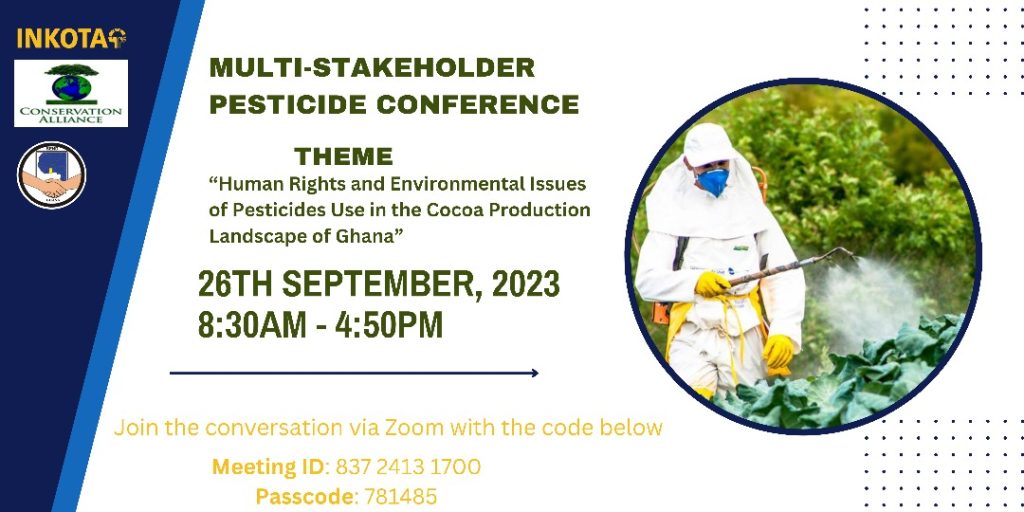The Cocoa Abrabopa Association (CAA), a farmer organization, has forged a partnership with Alfred Ritter GmbH, a chocolate manufacturer renowned for the Ritter Sports brand. The collaboration aims to provide additional support to farmer groups in the Western South cocoa region, facilitating sustainable cocoa production through various livelihood interventions.
This support initiative encompasses crucial elements such as access to transportation, farming equipment, and water. Its overarching goal is to empower cocoa farmers, enabling them to explore alternative income sources beyond cocoa farming. The initiative is part of a broader effort to combat poverty within cocoa-growing communities, addressing the economic challenges faced by farmers and households in the region.
In a concerted strategy to alleviate poverty among cocoa farmers, particularly within its operational areas, CAA, in conjunction with its international partners, has contributed 20 tricycles, 30 mist-blowers, and inaugurated two boreholes, washrooms, agrochemical input shops, and snail starter-packs. These resources were distributed to cocoa-growing communities in the Western South cocoa region, forming an integral aspect of the Living Income Initiative Project by CAA. The donations were a response to farmers’ requests for assistance in diversifying income streams and implementing strategies to reduce production costs and enhance health, especially during lean seasons.
Beneficiary
The beneficiary farmers’ groups, hailing from various communities in the Western South cocoa region of Ghana, totaled around 420 members and their households. The aid provided aimed to help them augment their domestic income.

Handing Over
Wilfred Apiung, the Sustainability Manager, emphasized the comprehensive needs assessments conducted at both community and group levels before implementing interventions. These assessments identified challenges hindering farmers from meeting the living income benchmark. Apiung highlighted the commitment of CAA and Ritter Sport to the Living Income and Additional Livelihood Intervention Project, recognizing the diverse challenges faced by different households and communities.
Ismaila Pomasi, Council Chairman of CAA, noted that poverty among cocoa farmers stems from factors such as location, infrastructure, education levels, job availability, farm sizes, and investment capital. CAA’s contribution, he stated, aligns with sustainable cocoa production and supports farmers in building economically viable and resilient cocoa production for improved livelihoods.
Pomasi emphasized that the maintenance of the equipment rests on the farmer groups’ shoulders, and the success of future projects hinges on the responsible upkeep of the provided resources.

Patrick John Van Brakel, Acting Executive Secretary for CAA, emphasized that the support also ensures farmers’ compliance with the newly introduced Child Labour Monitoring and Remediation System and the new Rainforest Alliance Standard, positioning the association in line with international standards.
The chief of Adum Banso, Nana Kwandoh Brempoh III, issued a warning against cocoa farmers leasing their lands for illegal mining, pledging to personally ensure the arrest of those involved. He urged traditional leaders to join the fight against illegal mining to safeguard the country’s future.
Jonathan Nayinah, the Western South Regional Pollination Coordinator for Cocoa Health and Extension Division (CHED), encouraged farmers in cocoa-growing communities to join associations like Cocoa Abrabopa Association to enhance their welfare.
Appreciation
Leaders of farmer groups expressed appreciation for the living income initiative project, foreseeing its positive impact in reducing poverty in their communities and households. They conveyed gratitude to CAA for this initiative, expecting it to provide additional income to supplement cocoa farming.

